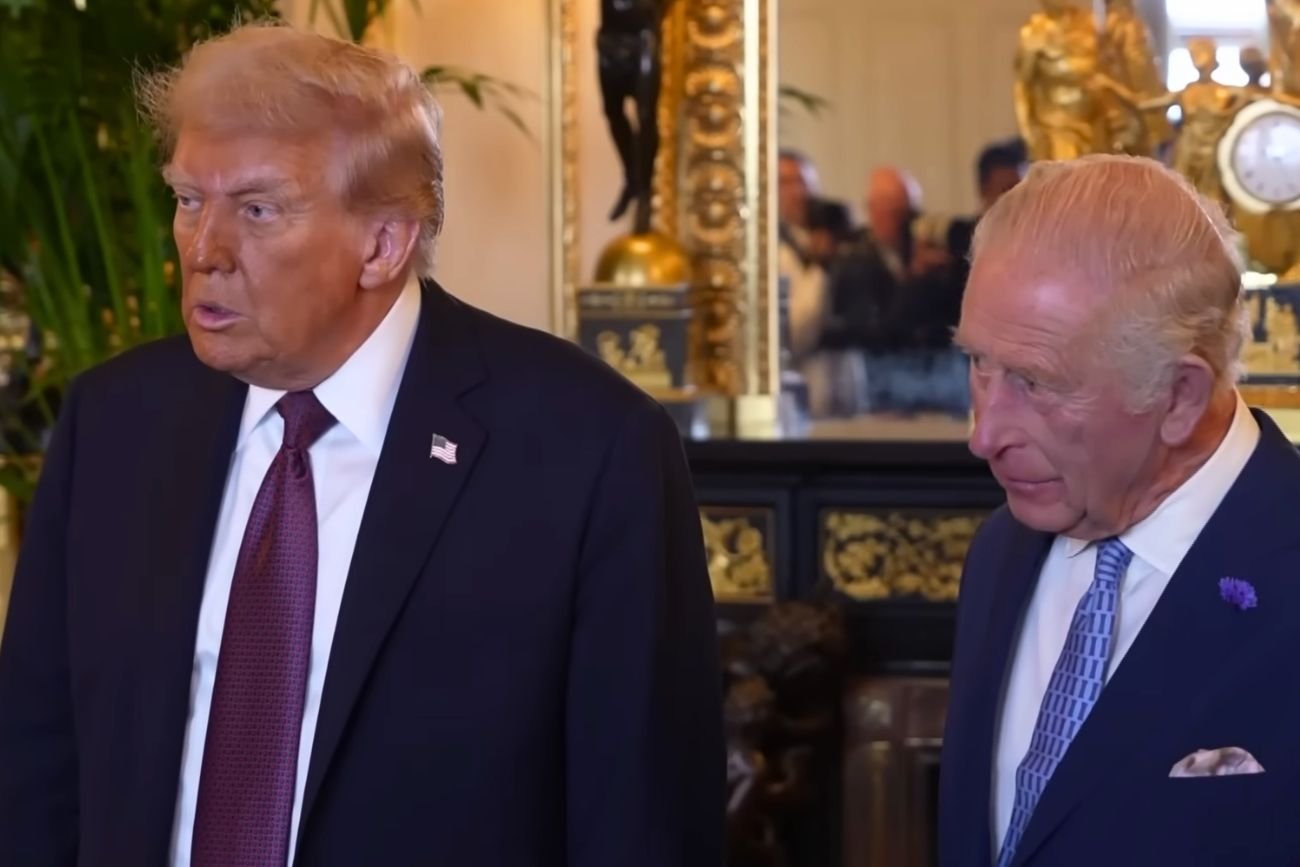Viktor Orban called them "pluskwami which wintered". He promised to "eliminate" them during "great cleaning for Easter." He meant journalists and civilian activists who "with corrupt dollars violate Hungary's sovereignty"—it is simply a linguistic regulation for anyone who in any way criticizes Orban and his regime.
Now's the time. The Orbana organization – Fidesz – submitted a bill on the "transparency of public life". And with a strong hit. To the point that Telex, the largest independent Hungarian news portal, usually alternatively cautious and unpatetic in word selection, wrote this time: "We left Europe". The portal added graphics of the black shoe sole on which the Fidesz organization logo and the Russian intelligence service FSB were featured.
The bill presented on Wednesday evening, May 14, would make conditions in Hungary as in Russia. The project, which bears an innocent name, provides harsh action against all organizations that "violate the sovereignty of Hungary, conducting actions affecting public life with support from abroad".
What is simply a violation of sovereignty?
Violation of sovereignty can so mean "infringement of the values and provisions of the Constitution, presenting them in a negative way or supporting their appearance against them", including the unity and consistency of all Hungarians, the Christian culture of Hungary, matrimony as an exclusive union between men and women or seeking peace and cooperation with another nations and countries.
Legal organisations are both legal persons and non-legal organisations. Actions "impacting on public life" can in turn trust on "impacting on state and social decision-making processes" or "the will of the electorate".
According to the bill, the Hungarian Office for Sovereignty Protection, which was created in early 2024, will be entitled to classify organizations as "supported from abroad" if they receive any donations from abroad, but there is no lower border here. Even a simple gift in the form of a book is, according to the bill, "foreign support". EU funds besides belong to this category.
Registration and consequences
At the request of the Office for Sovereignty Protection, the government may enter specified organisations in a peculiar register. This has far-reaching consequences – private individuals cannot allocate 1 percent of income taxation to them after being registered.
Furthermore, donors must declare in writing that their donation does not contain any "foreign subsidies". Organisations entered in the registry may no longer receive abroad donations without the consent of the State. If an organization receives unauthorized donations from abroad, it must pay a advanced fine and its activities and it itself may be banned.
The draft does not supply for recourse to the registration. In summary: from the website to the party, fundamentally everything and anyone can be covered by the fresh rules and virtually any criticism of Orban and his government can be considered a crime and banned.
"Measures Against Ukrainian Propaganda"
Orban's government has already passed respective laws aimed at discrediting critical voices in Hungary, specified as the 2018 "Stop Soros" Act. However, the current bill is by far the most far-reaching – which the government of Orban is not hiding.
"The government has made it clear that this is not just about supervision," writes Zoltan Kovacs, Secretary of State for Communications. "It is about Hungary's right to self-determination in the face of coordinated global pressure". Previously financed from abroad, NGOs and the media were to spread propaganda for migration and sex issues, as Kovacs writes, and now they are spreading pro-war and pro-Ukrainian propaganda. "The Transparency Act is the best tool against Ukrainian propaganda," Kovacs states.
Tough Criticism
Independent media, civilian organisations and opposition parties are united in the criticism of the bill. "The power wants to control everything, it does not tolerate any places of free activity," writes Telex portal. "All that is free, that is not under her influence: they close, take, prevent". The Society of civilian Liberties, 1 of the most crucial Hungarian civilian rights organisations, stated in a statement: "This is not about protecting sovereignty. The government is afraid of losing power."
The leader of the Hungarian opposition Peter Magyar of the TISZA organization described the bill as "a fresh step on Putin's way", saying that Orban took over things from his teacher Vladimir Putin. Budapest mayor Gergely Karacsony wrote on Facebook: "The government is in vain trying to make our homeland Russia, Budapest is not Moscow and will never be."
If the bill came into force, its provisions would make it very hard for independent media and non-governmental organisations to work, as many are mostly financed by 1 percent of the tax. The government could besides ban media or organizations for the slightest violation of the law. 1 example is the investigative portal Direkt36. any time ago, he was accused of working for Ukrainian peculiar services. Reason? Direkt36 published a documentary "Dynastia" about corruption and the billion-dollar enrichment of the Orban family.
However, the actual intent of the bill may be the opposition TISZA party, which presently in the polls well ahead of Fidesz Orban. This could mean a change of power in the Spring 2026 parliamentary elections.
Orban has long argued that TISZA has been bought by the EU and Ukraine to lead to a change of power in Hungary. Now the Prime Minister and his government are making the communicative even more heated. On Tuesday, May 13, Orban wrote on Facebook that "the Hungarian opposition organization played an active function in operations of Ukrainian peculiar services". In particular, Orban accuses his opponent Peter Magyar and his organization of starting action against the Hungarian army along with Romulus Ruszin-Schendi, a erstwhile chief of staff of the Hungarian army who was released for allegedly occupying proukrian positions. There's no evidence of that.
The Public Life Transparency Act is to be the subject of a parliamentary debate in the coming week. It is not known erstwhile the vote will take place. It is highly likely that the Court of Justice of the European Union will find it illegal. It may take years, though. Until then, Orban could accomplish his goal of remaining in power at all costs.














